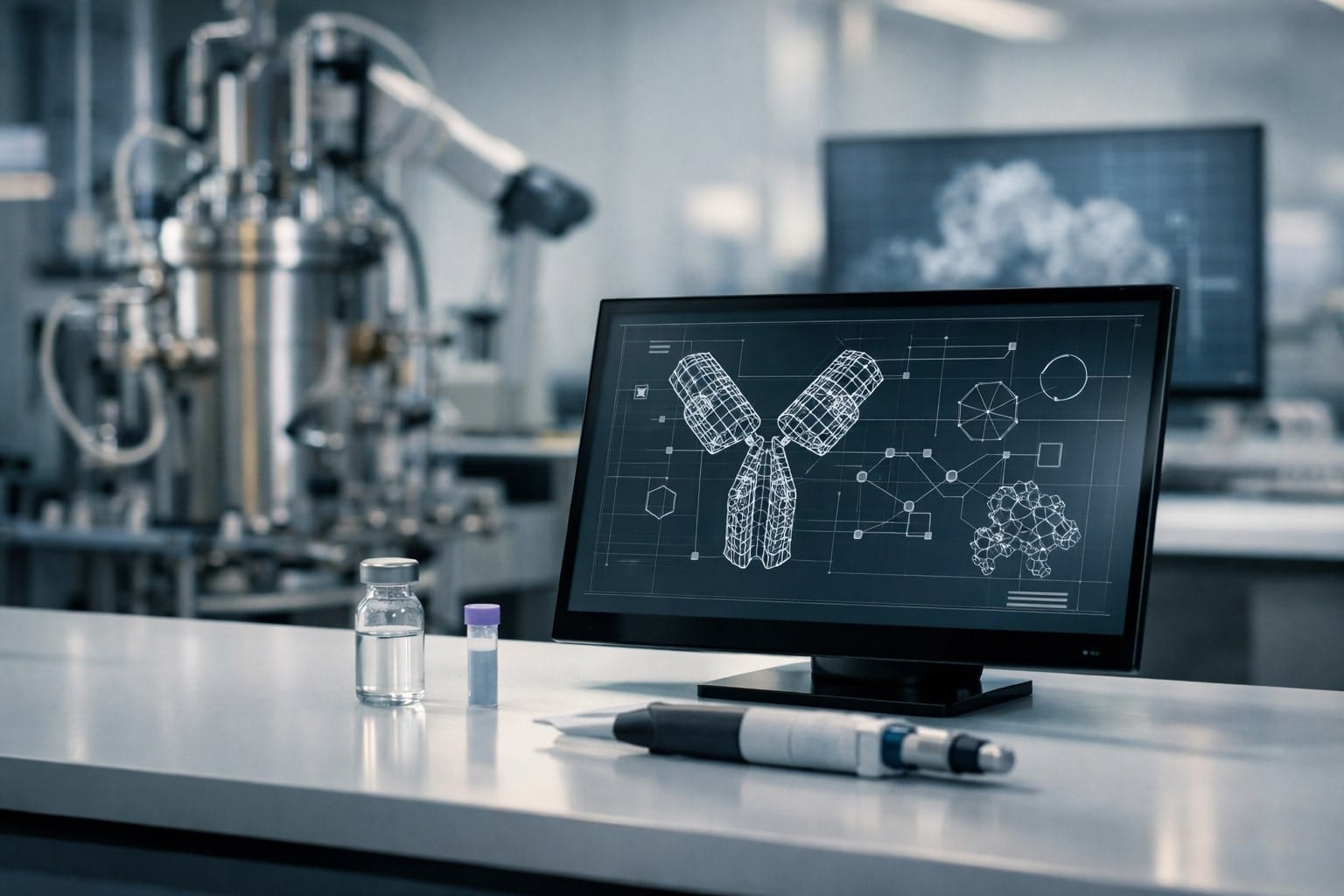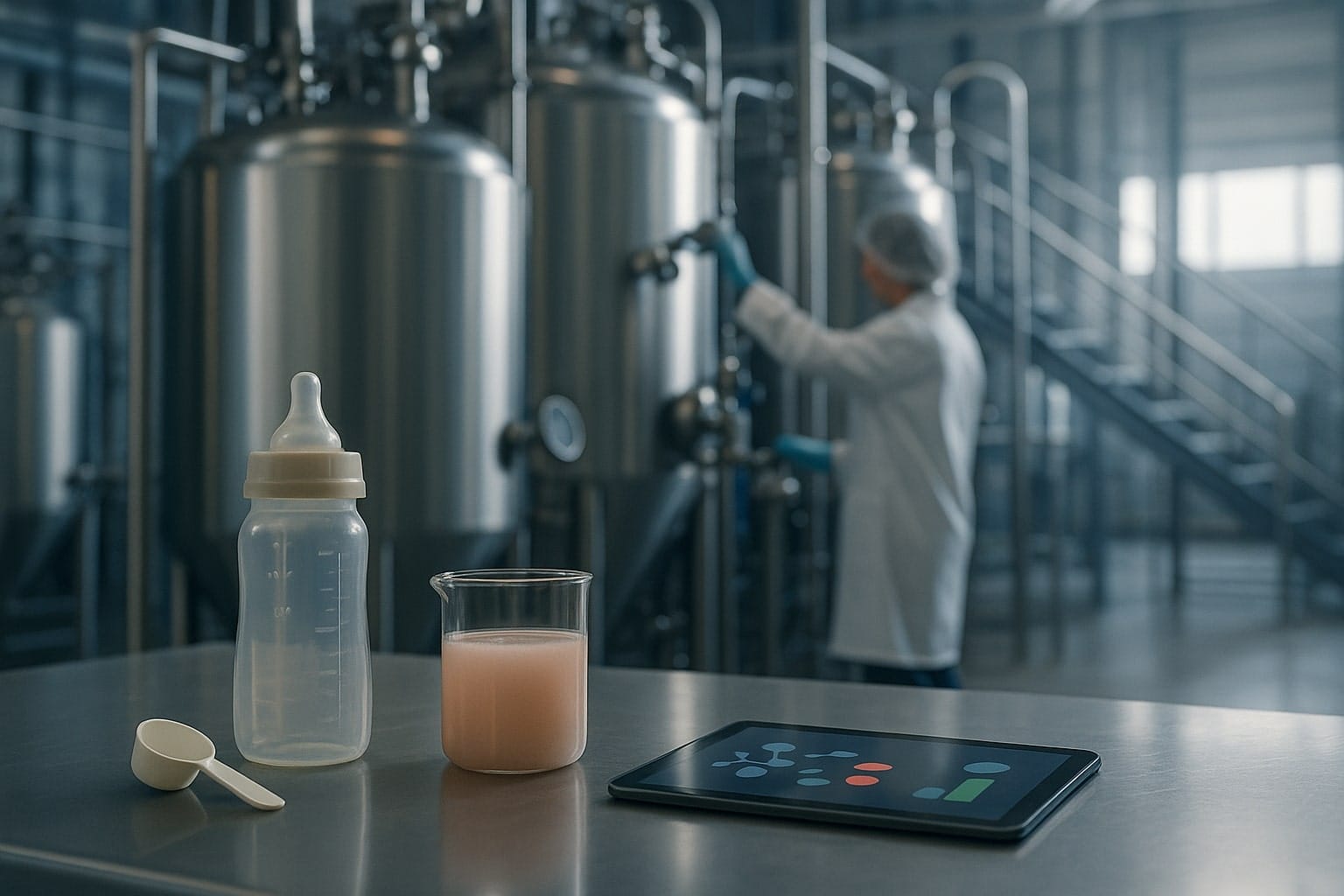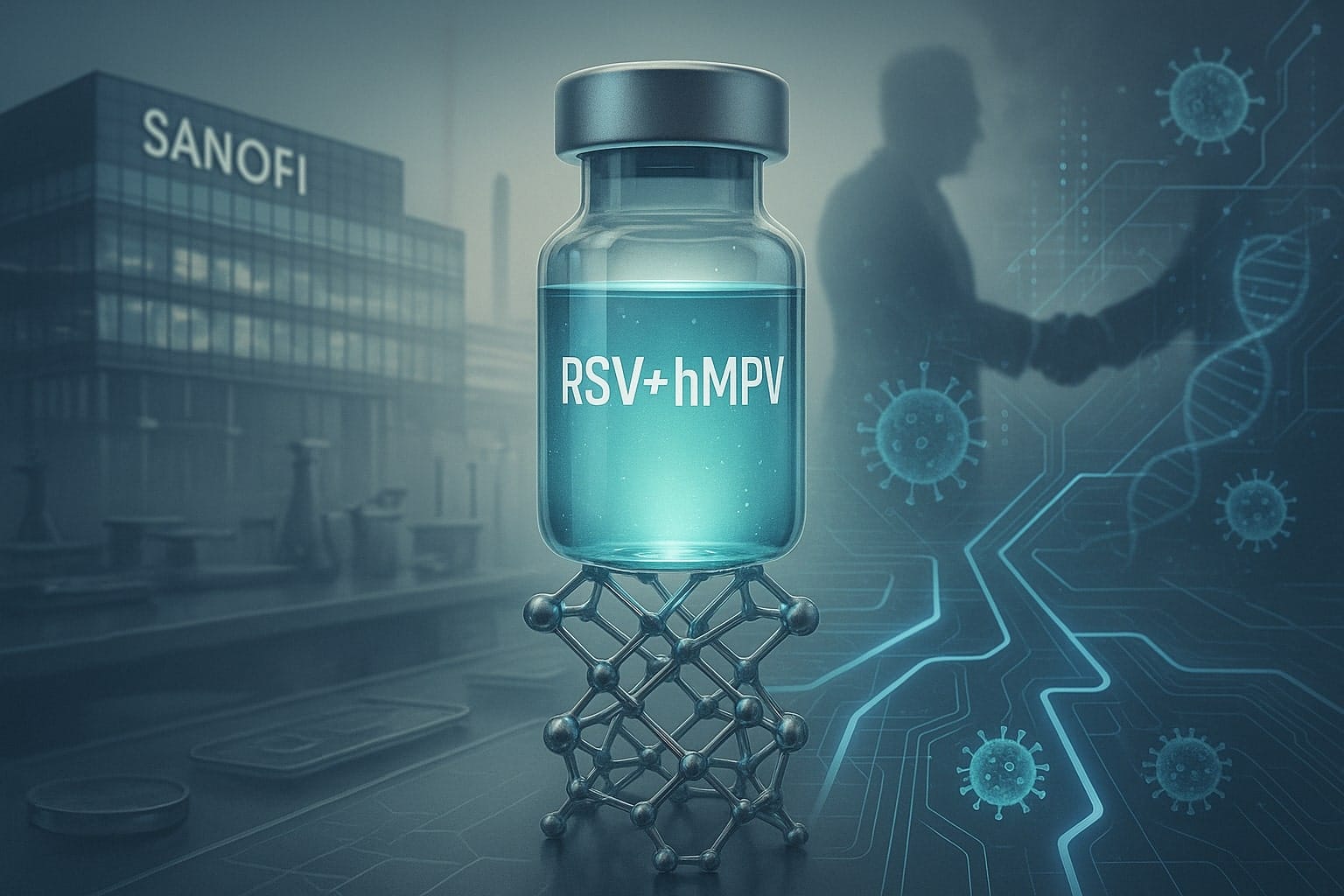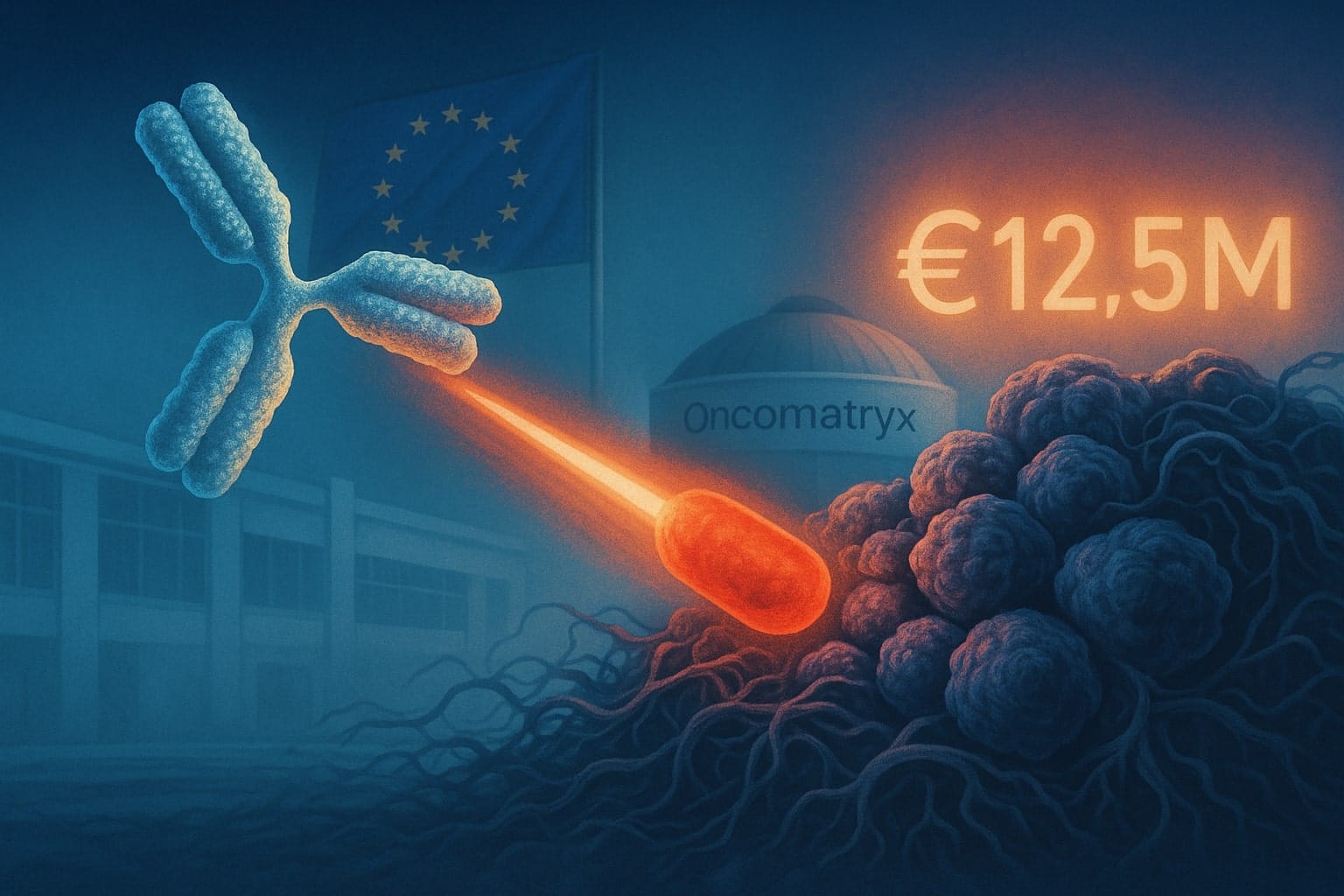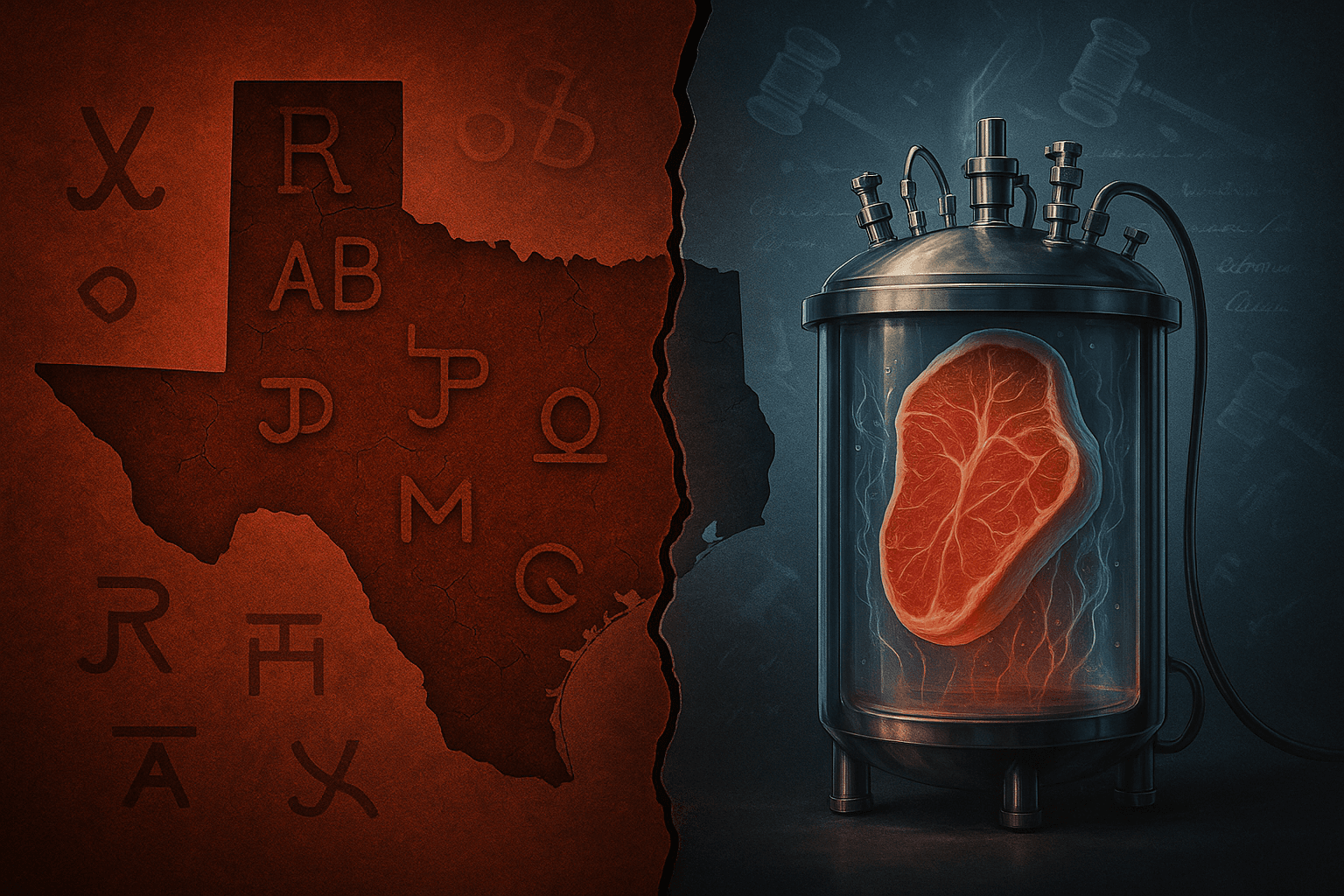Limula, an innovative biotech company, recently secured $6.8 million in seed funding to advance its groundbreaking software for cell and gene therapy manufacturing. This significant investment, led by LifeX Ventures, highlights the potential of Limula’s technology to revolutionize the production process of these therapies, making them more affordable and accessible. The funding will be used to enhance Limula’s automation technology and expand its partnerships, furthering its mission to streamline the manufacturing of cell and gene therapies.
Table of Contents
ToggleCompany Background
Founding Information and Vision
Limula was founded in November 2020 by Luc Henry, Thomas Eaton, and Yann Pierson. The company is headquartered in Lausanne, Switzerland, a hub known for its strong biotech and pharmaceutical industry. Luc Henry, the CEO, has a DPhil in Chemical Biology from the University of Oxford and has extensive experience in biotechnology and cell biology. Before founding Limula, he served as an advisor to the President of EPFL, one of Europe’s leading institutions in technology and science. Thomas Eaton, the COO, has a PhD in Material Sciences from the University of Basel and brings a wealth of experience in project management and regulatory compliance. Yann Pierson, the CTO, invented and developed the first prototype of Limula’s technology during the COVID-19 pandemic.
Headquarters and Ecosystem
Limula thrives in Lausanne, benefiting from Switzerland’s rich tradition in pharma and biotech. The region provides access to exceptional engineering and life science talent, world-class infrastructure, and a supportive ecosystem for startups. This strategic location enables Limula to leverage the local expertise and resources necessary for high-quality product development and innovation.
Funding Details
Recent Funding Round
The recent seed funding round raised a total of $6.8 million, with LifeX Ventures leading the investment. This funding will be crucial for Limula to advance its software platform designed for the automated production of cell and gene therapies. The round also saw participation from other notable investors, including BioMedPartners and BlueOcean Ventures, reflecting strong confidence in Limula’s potential to disrupt the biotech manufacturing space.
Previous Funding and Financial Milestones
Prior to this latest round, Limula had already garnered significant financial support, including a $2 million seed round in 2022 and various grants and awards. For instance, in 2022, Limula received over €1 million from the Eurostars grant to enhance its automated solution for CAR T cell therapy production. This funding allowed Limula to integrate advanced cell analytics and develop a fully automated manufacturing process in collaboration with other biotech firms like Ceidos and Stemmatters.
Use of Funds
The newly secured funds will be used to further develop Limula’s proprietary technology, focusing on improving automation, reducing manual intervention, and ensuring regulatory compliance. Additionally, Limula aims to expand its partnerships with research centers and pharmaceutical companies to enhance the scalability and accessibility of its cell and gene therapy manufacturing solutions.

Technological Innovation
Core Technology
Limula’s core technology focuses on automating the complex and labor-intensive processes involved in cell and gene therapy manufacturing. Their proprietary platform combines a mechatronic device with a single-use plastic kit that includes a unique bioreactor. This bioreactor is designed to perform in-situ centrifugation, allowing the entire manufacturing process to occur within a single, sterile container. This innovation significantly reduces the need for manual intervention, thus minimizing contamination risks and increasing process efficiency. The system integrates various automation solutions, such as real-time cell analysis and digital twins, to monitor and optimize the manufacturing process continuously.
Unique Features and Differentiation
One of Limula’s standout features is its fully automated, closed-system bioreactor. This system supports a variety of cell therapy applications, including both autologous (patient-specific) and allogeneic (donor-derived) treatments. Limula’s technology allows for scalable production from small-scale development to large-scale commercial manufacturing. This versatility makes it a valuable tool for both research institutions and pharmaceutical companies. Additionally, the technology’s user-friendly design and low hands-on time differentiate it from competitors like Miltenyi Prodigy and Lonza Cocoon, positioning Limula as a leader in the cell and gene therapy manufacturing space.
Market Impact
Target Customers
Limula primarily targets pharmaceutical companies, research institutions, and contract development and manufacturing organizations (CDMOs) involved in cell and gene therapy. These customers benefit from Limula’s ability to streamline and automate the production process, reducing costs and increasing scalability. By making the manufacturing process more efficient, Limula’s technology helps lower the overall cost of therapies, making them more accessible to a broader patient population.
Affordability and Accessibility
The cost of cell and gene therapies is a significant barrier to widespread adoption. Current production methods are expensive and labor-intensive, limiting the availability of these life-saving treatments. Limula’s automated platform addresses these issues by reducing the need for specialized facilities and large teams of technicians. This innovation not only cuts down production costs but also enhances the reproducibility and safety of the therapies. As a result, more patients can potentially benefit from these treatments, which have shown remarkable effectiveness in treating various cancers and genetic disorders.
Industry Context
Market Trends
The cell and gene therapy market is experiencing rapid growth, driven by advancements in genetic engineering and immunology. There are currently over 2,000 cell therapy treatments in development, with the potential to significantly expand the number of approved therapies in the coming years. This growth is expected to shift from treating hematological cancers to addressing solid tumors, broadening the impact of these therapies. Limula’s technology is well-positioned to capitalize on these trends by offering a scalable and cost-effective solution to the manufacturing challenges faced by the industry.
Competitive Landscape
Limula competes with several established players in the cell and gene therapy manufacturing sector, such as Miltenyi Biotec and Lonza. However, Limula’s emphasis on a fully automated and closed system offers a distinct advantage. Their platform’s ability to perform multiple steps of the cell therapy manufacturing process within a single device sets it apart from more traditional, manual methods. This innovation not only enhances efficiency but also improves the consistency and quality of the final product. By continually seeking feedback from potential users and refining their technology, Limula ensures that their solutions remain at the forefront of the industry.
Future Plans
Use of Funds
Limula plans to use the recent $6.8 million seed funding to further develop its proprietary automated cell processing platform. The primary goals include enhancing the software and hardware components of their bioreactor technology, improving scalability, and meeting Good Manufacturing Practice (GMP) standards for clinical-grade production. Additionally, the funds will support the integration of advanced real-time monitoring and data analytics capabilities, which are crucial for maintaining high-quality standards in cell and gene therapy manufacturing.
Expansion and Partnerships
Limula aims to expand its operations and forge strategic partnerships with leading research institutions and pharmaceutical companies. Collaborations with entities such as Ceidos and Stemmatters will enhance their technological offerings by integrating cell analytics and leveraging expertise in process development and cGMP manufacturing. These partnerships are designed to create a complementary product suite that facilitates the transition from pre-clinical development to clinical trials and eventual commercial-scale production.
Strategic Goals
Scaling Production
One of Limula’s strategic goals is to make cell and gene therapies more accessible by scaling production capabilities. The company’s automated, closed-system bioreactor technology is designed to enable the mass production of personalized cell therapies, thereby reducing costs and increasing availability. This scalability is crucial for meeting the growing demand for these therapies, which are currently limited by high production costs and complex manufacturing processes.
Market Penetration
Limula is also focused on penetrating the global market by offering a versatile and scalable solution that can be adopted by various stakeholders in the cell and gene therapy industry. By providing a user-friendly and efficient manufacturing platform, Limula aims to position itself as a key player in the biotech sector, facilitating broader adoption of cell therapies across different regions and healthcare systems.
Conclusion
Summary
In summary, Limula’s recent $6.8 million seed funding marks a significant milestone in their mission to revolutionize the manufacturing of cell and gene therapies. Founded in 2020 and headquartered in Lausanne, Switzerland, Limula is at the forefront of biotech innovation with its fully automated, closed-system bioreactor technology. This platform aims to streamline the complex processes involved in producing these therapies, reducing costs and making them more accessible to a broader patient base.
Future Outlook
Looking ahead, Limula plans to utilize the new funding to enhance their bioreactor technology, integrate advanced real-time monitoring systems, and expand their partnerships with leading research institutions and pharmaceutical companies. This strategic direction is set to position Limula as a key player in the global biotech industry, which is expected to reach USD 465.9 billion in 2024. The industry is poised for significant growth, driven by advancements in gene editing technologies like CRISPR, and an increasing number of cell and gene therapy products entering the market.
Impact on the Biotech Industry
Limula’s innovations are timely, addressing critical bottlenecks in the manufacturing of cell and gene therapies. As the biotech industry continues to evolve, with increasing focus on personalized medicine and automation, Limula’s technology offers a scalable and cost-effective solution that could set new standards in the production of these therapies. This aligns well with broader industry trends, including the integration of AI in drug development and the rising importance of Contract Development and Manufacturing Organizations (CDMOs) in the biotech value chain.
In conclusion, Limula‘s strategic initiatives and technological advancements position it well to contribute significantly to the biotech industry’s future growth. By enhancing the accessibility and affordability of life-saving therapies, Limula is set to play a pivotal role in transforming healthcare and improving patient outcomes worldwide.





